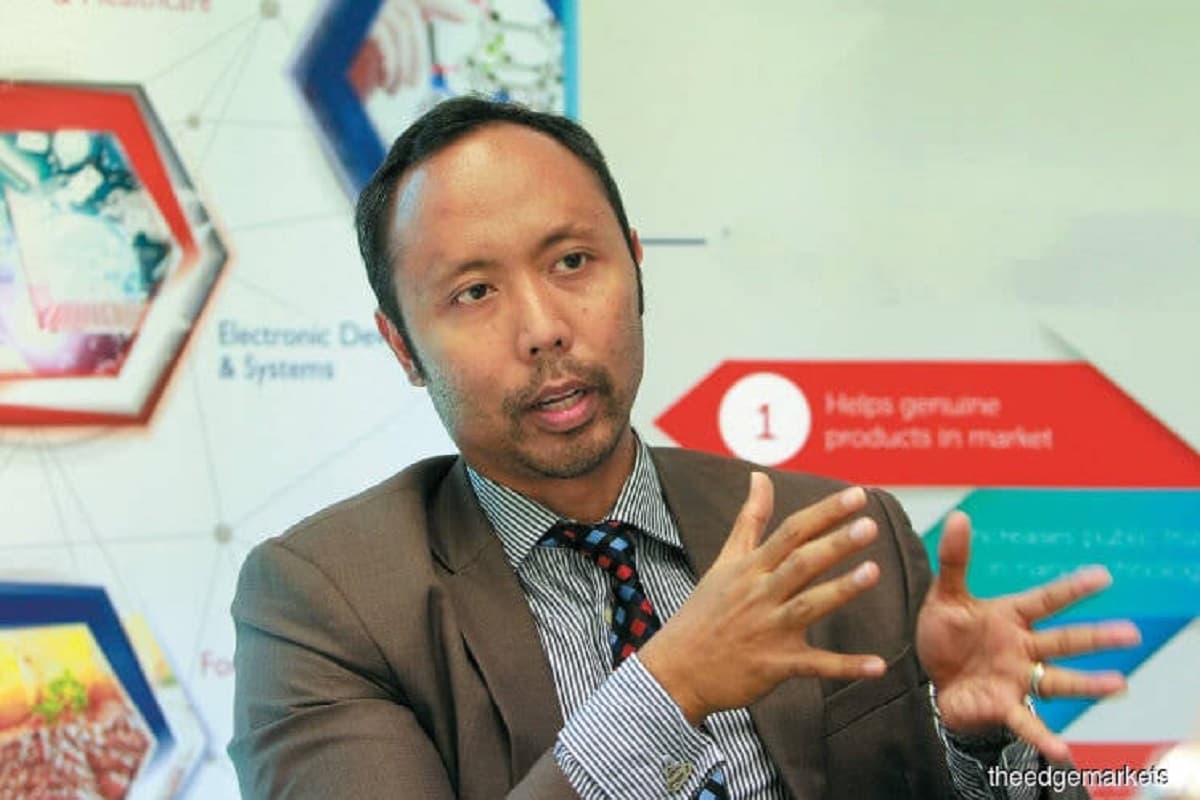
KUALA LUMPUR (Dec 5): NanoMalaysia Bhd (NMB), the agency for commercialisation of nanotechnology and advanced solutions, has introduced the Biomass Innovation Circular Economy Programme (BICEP) — an initiative towards sustainable agriculture by promoting the use of biomass waste materials from agricultural sources to produce high-quality advanced materials and products for industrial and consumer applications as part of its environmental, social and governance (ESG) aspirations.
In a statement on Monday (Dec 5), NMB said the BICEP programme is poised to unlock the value and green potential of biomass waste materials in Malaysia from agricultural sources for the production of valuable advanced materials such as graphene, nanocellulose and nanosilica in multiple collaborations with players in the country to meet the localisation of supply chain demand expressed by the industry.
It said this initiative is supported under the Ministry of Science, Technology and Innovation's Strategic Research Fund in areas identified to have a high impact on the country and in line with the National Science, Technology and Innovation Policy.
NMB chief executive officer Dr Rezal Khairi Ahmad said besides aligning to the 12th Malaysia Plan's renewed focus on exploiting biomass' economic opportunities, BICEP was designed as a game changer for the country.
“BICEP leverages available local biomass to produce high-value nano-scale advanced materials tallying to numerous industrial applications in healthcare, cosmeceuticals, construction, electronics and even energy storage sectors.
“Hydrogen, the current national buzz, can be a by-product of our proprietary process, thus supplementing our adjacent effort to drive the nation to be part of the fast-growing global hydrogen economy,” he said.
NMB said within the region, the biomass industry holds great potential as the Asia-Pacific biomass power market is evaluated to register a compound annual growth rate of 6.35% in terms of revenue and 6.22% in terms of volume during the forecast period of 2022 to 2030, capturing a revenue share of US$51.78 billion (RM226.07 billion) by 2030.